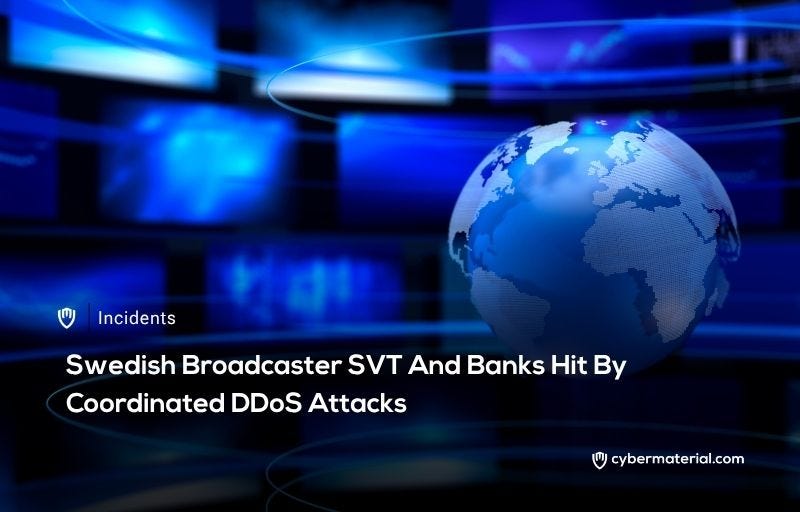
The Swedish state broadcaster, SVT, has been hit by a series of major denial-of-service (DDoS) attacks since Sunday evening. This has resulted in significant disruptions to its various digital servic…

The Swedish state broadcaster, SVT, has been hit by a series of major denial-of-service (DDoS) attacks since Sunday evening. This has resulted in significant disruptions to its various digital servic…